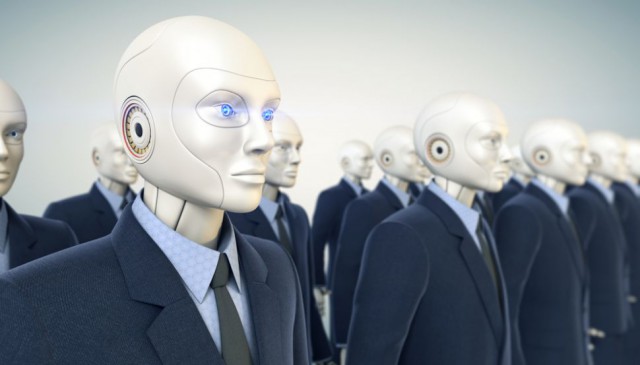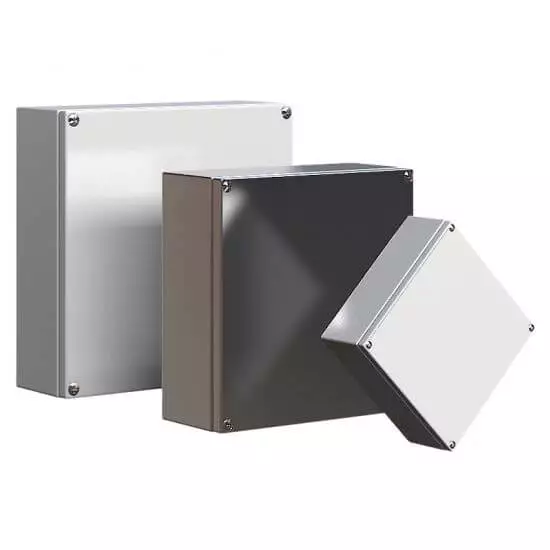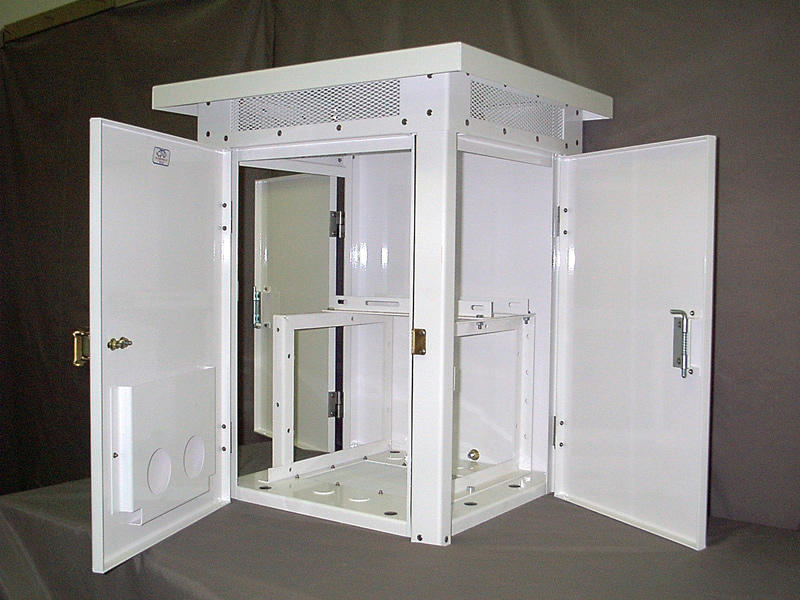According to sources in Korea, the government has taken the first step to introduce a ‘robot tax’ to slow down the automation in different sectors of industries. Unemployment has been an issue ever since robots had been considered fit for work in different industries, which is why the Korean government are looking to impose a ‘robot tax’ to battle the unemployment issue.
With Moon Jae’s government recently announced the tax law revision plan, it has been confirmed by him that his government will reduce the tax deduction that the previous government had given to firms for investment in infrastructure to increase productivity.
According to the current policy, firms that have invested their money in automation of industries are subject to a deduction in their corporate tax. Enterprises can have a 3 to 7 per cent relief under the policy, which is determined by the size of the company.
The government policy was originally set to expire at the end of 2017, but sources confirm that the government is planning to extend it till the end of 2019.
The main purpose of robot tax is to reduce the unemployment issue which had been a concern ever since industrial automation was considered to boost production. With higher technology robots, the labour would loose their jobs, which could further be a burden on the country’s resources, as the government would have to provide welfare programs for the unemployed. The robot tax will also serve a double-purpose, as it would also make up for the decreasing tax revenue due to the previous government policies.

An industry source claimed that the tax is not directly implemented on robots, but should be translated as a similar kind of policy to slow down the fast automation in industries.
Even though there is no country that has officially added a robot tax, but experts still debate over the benefits and losses about implementing such a tax.
The world’s richest man, Bill Gates is also famously known for his support of the robot tax. In an interview earlier this year, the Microsoft founder insisted that a tax should be imposed on the usage of robots for production, to make up for those people who are unemployed as a result of the automation.
Gates also insisted that if the income of a human worker was to be taxed, then the same tax should be implemented on the robots who perform the production tasks. Moreover, Gates also believes that there are still some works which could not be performed by robots as well as it could have been performed by human labour.
However, other organizations like the International Federation of Robotics (IFR) has been of a ideology that no taxes should be implemented on the use of robots, as this will harm competition and might stop technological advancements in the robotics sector, which ultimately increases productivity.
Some experts also claim that the high tax on robots will halt the production of them, which will also stop the increasing productivity and economies of scales that the companies (who use robots) experience.
Lawmakers in the European Union had earlier started a plan to tax those enterprises who use robots, but earlier this year, it was confirmed by the EU that it will oppose the implementation of a robot tax, as they consider robots as a “electronic person”.

Nicholas is a dedicated and experienced author of this tech blog. He wants to be helpful and offer great content to his readers, but he also needs to make sure that the site is profitable so it can continue running. If you have any questions or concerns about our work please don’t hesitate to contact us!






